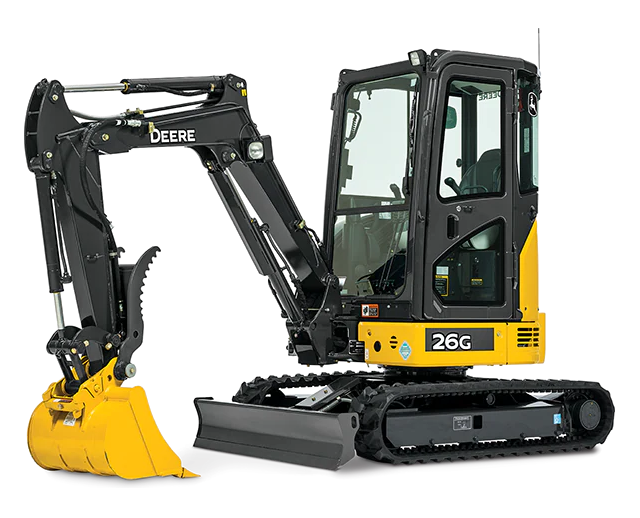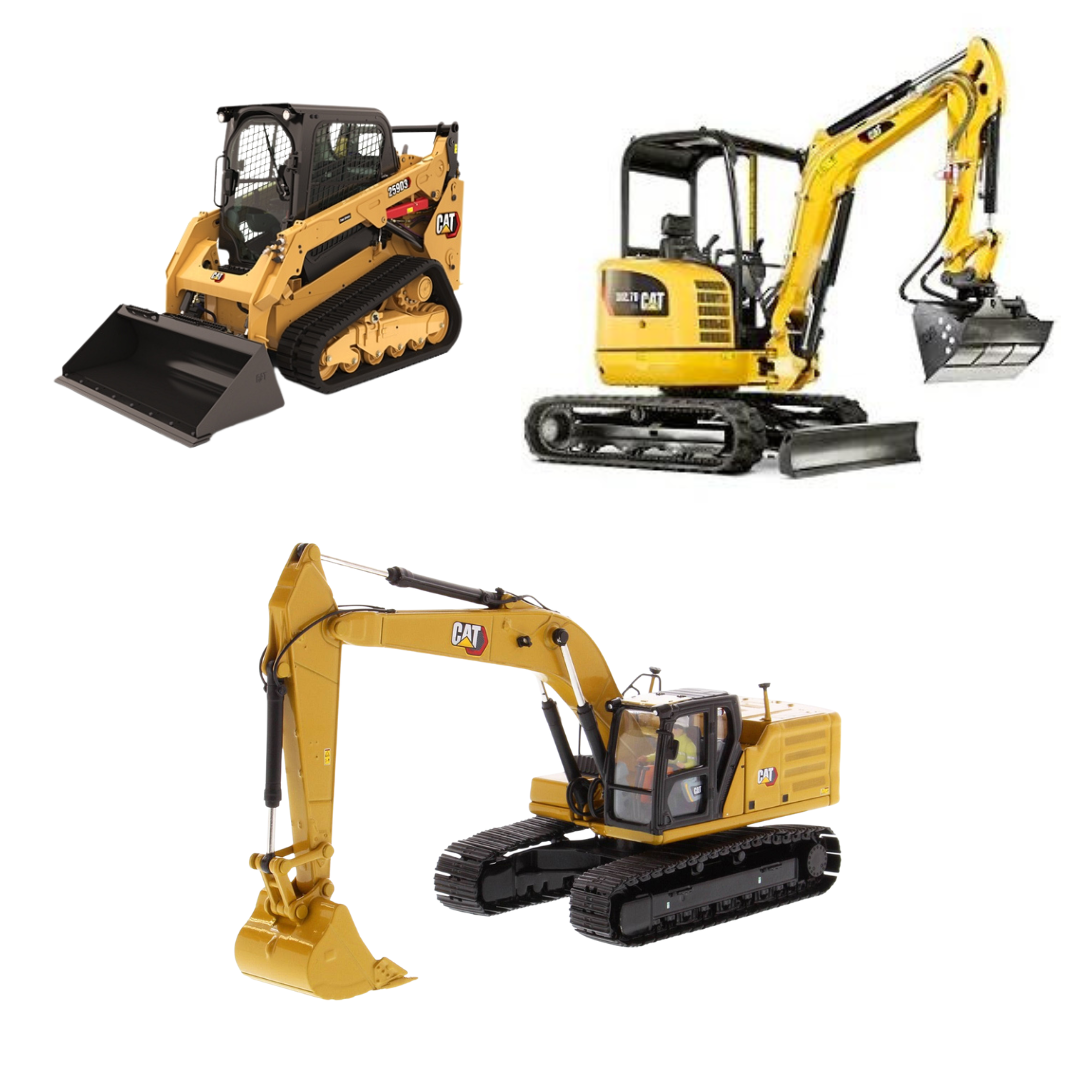Optimize Your Spending Plan by Recognizing the Prices Related To Construction Equipment Leasings
Comprehending the complete range of expenses connected with building equipment services is important for optimizing your budget. While the first rental fee may seem straightforward, countless extra expenses-- such as transportation, fuel additional charges, and maintenance-- can swiftly gather, influencing your financial preparation. Being aware of various fees and the details of rental contracts can aid avoid unanticipated economic problems. What methods can be used to properly manage these costs and make certain a much more reliable rental experience?
Review of Rental Costs
When considering building and construction tools rentals, understanding the associated prices is critical for reliable budgeting and job planning. Rental expenses can vary significantly based on several elements, including equipment type, duration of leasing, and location. The first rental cost typically shows the equipment's market demand and its linked operational abilities, influencing the total expense.
In addition to the base rental rate, ancillary prices may occur, such as transport charges, gas surcharges, and maintenance fees. It is necessary to make up these additional costs to properly examine the complete price of leasing tools. Furthermore, the rental duration can influence rates; longer leasings might get approved for affordable prices, while short-term leasings may incur greater day-to-day charges.

Malfunction of Rental Rates
A comprehensive understanding of rental prices is necessary for contractors and project supervisors intending to optimize their budget plans. Rental prices for construction equipment usually are composed of numerous parts, including base rates, time-based charges, and use charges.
Base prices are the core charges connected with the leasing of the tools, usually established by the type and size of the equipment. These prices can differ considerably, influenced by factors such as equipment demand, schedule, and regional market fads. Time-based charges, which may be daily, weekly, or monthly, offer to fit different project timelines and rental durations.
In addition, rental rates may include use fees, which apply when equipment is made use of past a defined threshold, making sure that the rental business can represent deterioration. Seasonal need fluctuations can likewise influence rental prices, with peak building seasons commonly commanding higher costs.
Additionally, understanding the rental company's plans pertaining to upkeep and insurance coverage can supply further insight right into the general expense framework. By evaluating these parts, service providers can make educated choices, making certain the choice of rental equipment lines up with both project demands and budget plan restraints.
Added Fees to Think About
Understanding the ins and outs of additional fees is vital for professionals to handle their general rental expenses successfully. Past the basic rental rates, various supplemental charges can substantially influence the complete price of equipment rental. These costs typically include shipment and pickup fees, which can differ based on range and logistics involved in carrying the devices to and from the work site.
Moreover, some rental firms might impose fuel surcharges if the tools is returned with heavy equipment hire less fuel than when rented out. It is also essential to be mindful of possible cleansing charges, especially for specialized equipment that calls for More Help complete maintenance after use.

Thoroughly assessing the rental arrangement and clearing up these added charges ahead of time can help contractors stay clear of unanticipated prices and make sure that spending plans stay undamaged throughout the project lifecycle.
Maintenance and Repair Expenses
Normal repair and maintenance expenses are typically forgotten elements that can dramatically affect the overall cost of construction tools leasings. When renting devices, it is essential to consider not just the rental fees however additionally the potential prices related to keeping the machinery in optimum operating condition.
Several rental firms include standard maintenance as component of the rental contract; nonetheless, more unforeseen malfunctions or substantial repair work can cause extra expenses. It's vital to examine the rental contract very carefully to understand what upkeep solutions are covered and what duties fall on the occupant.
In addition, tools that is not properly maintained can cause inefficiencies on duty website, possibly triggering hold-ups and raising task expenses. To mitigate these dangers, it is recommended to conduct normal inspections and preserve open communication with the rental supplier pertaining to any type of problems that emerge throughout usage.
Insurance Coverage and Responsibility Expenses
Insurance policy and responsibility expenses are important parts that can dramatically impact the overall expenditure of building and construction devices leasings (dozer rental). These costs make sure that both the rental company and the customer are protected from potential monetary losses emerging from accidents, damage, or theft throughout the rental period

In addition, customers ought to know any type of deductibles or exclusions in the insurance plan, as these can affect prospective out-of-pocket expenditures. Comprehending the terms and conditions of any kind of insurance policy coverage is crucial to prevent unexpected costs. Eventually, budgeting for insurance policy and obligation expenditures can help make sure a smoother rental experience and shield against monetary dangers related to construction jobs.
Verdict
In final thought, a detailed understanding of the costs associated with building and construction tools leasings is crucial for efficient budget plan management. Inevitably, educated decision-making concerning tools rentals contributes to the total success of building ventures.
Rental costs can differ substantially based on a number of factors, consisting of equipment kind, duration of service, and place (construction equipment rentals). The rental duration can affect pricing; longer leasings may certify for discounted prices, while short-term services might incur greater daily costs
By carrying out comprehensive study and engaging with trusted rental firms, professionals can effectively navigate the complexities of rental prices, ultimately maximizing their monetary sources.
Beyond the basic rental prices, various extra charges can substantially impact the overall price of equipment leasing. Rental firms frequently give liability insurance policy that covers injuries to third celebrations or damages to residential property, while tools damages insurance policy can cover the cost of fixings or replacement if the rented out tools is damaged.